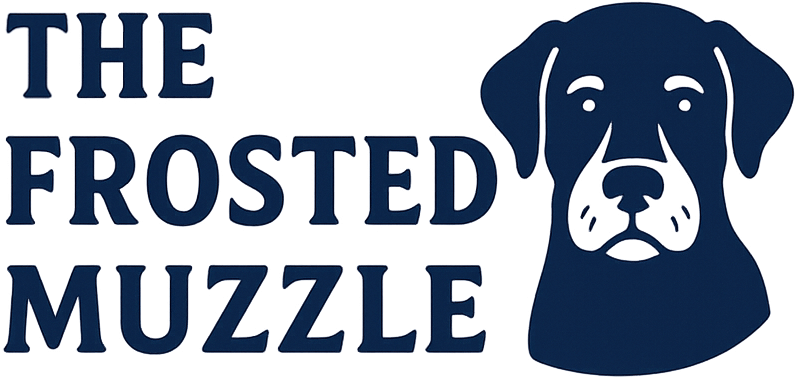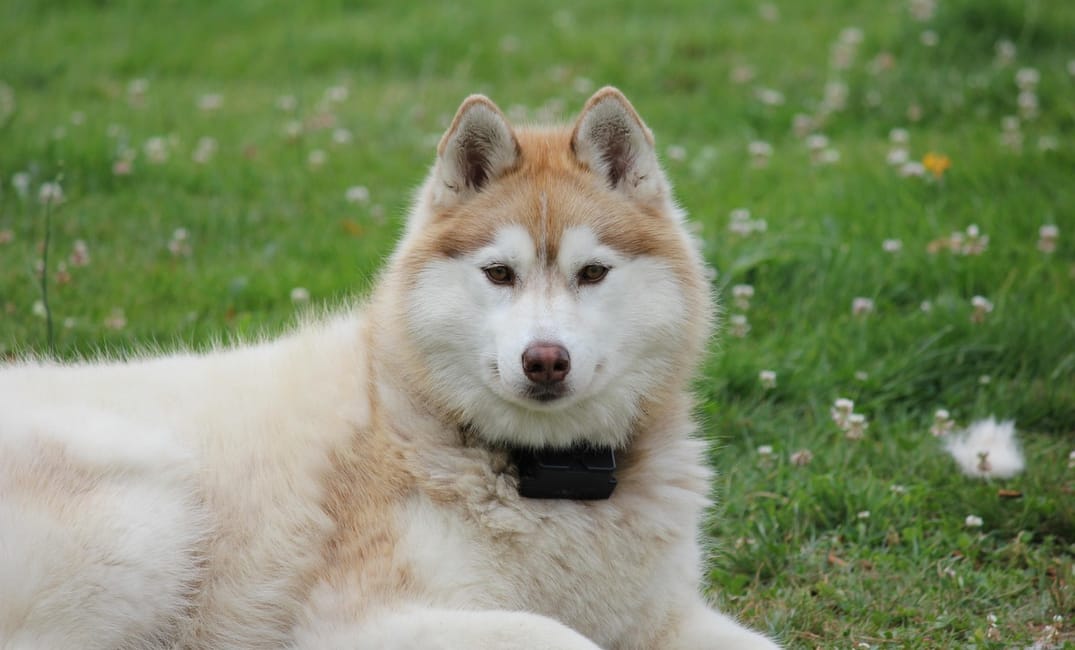Table of Contents
Siberian Huskies are known for their boundless energy, striking blue eyes, and fluffy coats that seem to defy the coldest temperatures. But as with all dogs, there comes a time when the years start to catch up, and your Husky begins to slow down. The question many dog parents ask is: When does my Husky officially become a senior?
It’s not always a simple answer, especially with a dog breed that often stays playful well into older age. Understanding when your Husky transitions into their senior years can help you provide better care tailored to their changing needs.
Understanding the Typical Lifespan
Siberian Huskies generally live between 12 to 15 years, which is on the higher end for medium to large breeds. Because of this, the shift into senior status doesn’t usually begin until later in life compared to larger dogs.
Most veterinarians consider a Siberian Husky to be a senior around 8 to 10 years of age. However, every dog is different. Some may show signs of aging earlier, while others remain spry and energetic well past their tenth birthday.
Signs Your Husky Is Entering Their Senior Years
Age is just a number, but there are physical and behavioral clues that your Husky is transitioning into their senior phase. Some of the signs to look out for include:
- Reduced energy during walks or playtime
- More frequent napping or sleeping longer hours
- Noticeable graying around the muzzle and eyes
- Stiffness when getting up, or slower movement
- Cloudiness in the eyes or signs of hearing loss
- A more selective appetite or digestive changes
These changes can creep up slowly. You may wake up one day and realize your once-unstoppable sled dog would rather nap by the window than chase squirrels.
Why Knowing Matters
Recognizing when your Husky is a senior helps you adapt their lifestyle and healthcare needs. Older Huskies may require different diets, more frequent vet checkups, and adjustments in exercise routines. Their joints might not handle long treks the way they used to, but that doesn’t mean they don’t enjoy a good sniff in the backyard or a gentle game of tug.
You might also notice a shift in personality. Huskies are famously independent and stubborn, but as they age, they often grow more affectionate and attached to their humans. These golden years can be incredibly rewarding.
Supporting Your Senior Husky
When the senior years arrive, it’s less about what your Husky can no longer do and more about helping them age comfortably and with dignity. Keep an eye on weight, switch to softer bedding, provide joint support if needed, and cherish the slower moments together.
Your Husky may not pull you down the sidewalk anymore, but they’ll still love being by your side.
The takeaway? Around 8 to 10 years of age, your Husky will start entering their senior phase—but they’ll still be your loyal, quirky, talkative companion. Aging is a natural part of life, and with the right care, those final chapters can be just as joyful as the wild puppy years.
4o

